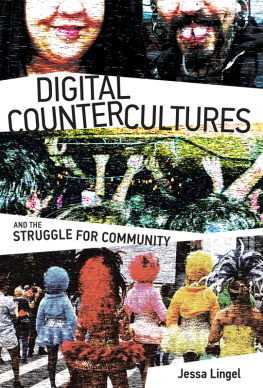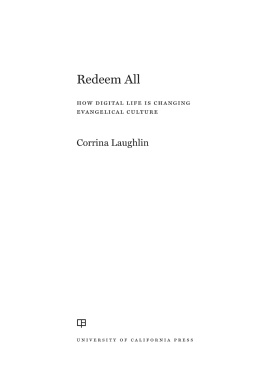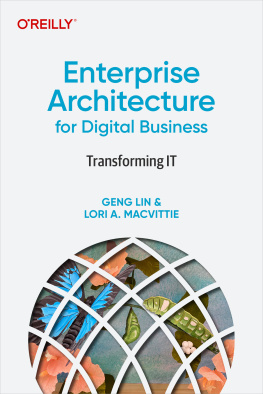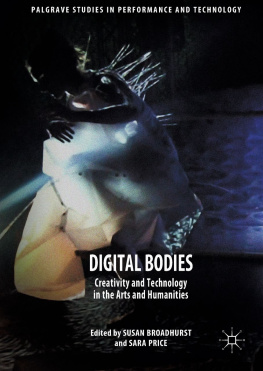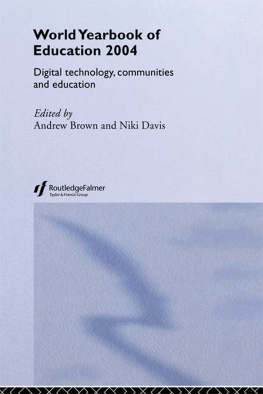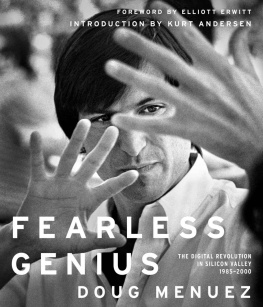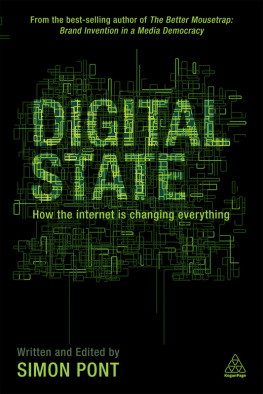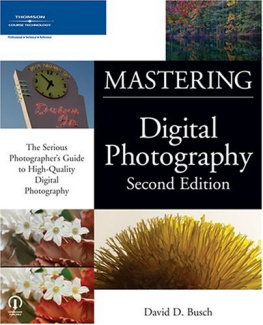
The Information Society Series
Laura DeNardis and Michael Zimmer, Series Editors
Interfaces on Trial 2.0, Jonathan Band and Masanobu Katoh
Opening Standards: The Global Politics of Interoperability, Laura DeNardis, editor
The Reputation Society: How Online Opinions Are Reshaping the Offline World, Hassan Masum and Mark Tovey, editors
The Digital Rights Movement: The Role of Technology in Subverting Digital Copyright, Hector Postigo
Technologies of Choice? ICTs, Development, and the Capabilities Approach, Dorothea Kleine
Pirate Politics: The New Information Policy Contests, Patrick Burkart
After Access: The Mobile Internet and Inclusion in the Developing World, Jonathan Donner
The World Made Meme: Public Conversations and Participatory Media, Ryan Milner
The End of Ownership: Personal Property in the Digital Economy, Aaron Perzanowski and Jason Schultz
Digital Countercultures and the Struggle for Community, Jessa Lingel
Digital Countercultures and the Struggle for Community
Jessa Lingel
The MIT Press
Cambridge, Massachusetts
London, England
2017 Massachusetts Institute of Technology
All rights reserved. No part of this book may be reproduced in any form by any electronic or mechanical means (including photocopying, recording, or information storage and retrieval) without permission in writing from the publisher.
This book was set in ITC Stone Sans Std and ITC Stone Serif Std by Toppan Best-set Premedia Limited. Printed and bound in the United States of America.
Library of Congress Cataloging-in-Publication Data
Names: Lingel, Jessa.
Title: Digital countercultures and the struggle for community / Jessa Lingel.
Description: Cambridge, MA : MIT Press, [2017] | Series: The information society series | Includes bibliographical references and index.
Identifiers: LCCN 2016037856 | ISBN 9780262036214 (hardcover : alk. paper)
eISBN 9780262340144
Subjects: LCSH: Internet--Social aspects--United States. | Internet users--United States. | Subculture--United States. | Social interaction--United States. | Digital media--United States.
Classification: LCC HN90.I56 L56 2017 | DDC 302.23/10973--dc23 LC record available at https://lccn.loc.gov/2016037856
ePub Version 1.0
Acknowledgments
For giving me a love of reading and always encouraging my writing, I am permanently indebted to my parents, Craig and Robin Lingel. I also am indebted to my siblings and their partnersCJ, Kim, Anna, Amilia, and Dante. While struggling to write a book about the margins, I have consistently had my family as my center.
As a qualitative project, this research was possible only because of the openness and support of participants from the communities that I have studied. I am deeply grateful to all of my interviewees for their time and hope that I have done right by them in my analysis.
This book grew out of several collaborative projects. In 2009, I started a project on New Brunswick punk with Aaron Trammell, Nathan Graham, Joe Sanchez, and Mor Naaman. In 2011, I worked with danah boyd as an intern at Microsoft Research New England on Body Modification Ezine (BME), and her mentorship has profoundly influenced my work and career. Adam Golub first brought me to Brooklyns drag community. I also am deeply grateful to Mark Hansen and Michael Kirsch from the Brown Institute for their support and friendship while researching this community. These brief mentions are woefully insufficient given the support that I have received from these individuals. Any errors in this book are mine alone.
Most of the books manuscript was written while I was doing postdoctoral work at Microsoft Research New England in Cambridge, MA, and I am grateful to a number of lab colleagues for their friendship and feedback: Nancy Baym, danah boyd, Kate Crawford, Kevin Driscoll, Meg Finn, Tarleton Gillespie, Mary Gray, Rebecca Hoffman, Sham Kakade, Tero Karppi, Eva Lyubich, Annette Markham, Kate Miltner, Greg Minton, Jonathan Sterne, and Siva Vaidhyanathan. I am also deeply grateful to Jennifer Chayes and Christian Borgs for their support of my work during my time at Microsoft Research.
After my postdoc fellowship, I moved to the Annenberg School at the University of Pennsylvania, where I am grateful to be part of a rich and rigorous academic community. I am particularly thankful for support from Sharrona Pearl, Kelly Fernandez, Marwan Kraidy, and Joe Turow.
A number of friends and colleagues provided comments and advice on this manuscript at various stages, including Sarah Banet-Weiser, Jack Bratich, Jack Gieseking, Germaine Haleguoa (my office spouse!), Dave Hesmondhalgh, Brian Hurley, Henry Jenkins, Michelle Lipinski, and Raz Schwartz. Michelle Mariano provided sage advice and much-needed editing. At the MIT Press, Gita Manaktala has been supportive of this project from the outset, and I am very grateful for her enthusiasm and support.
Writing this book was sometimes wonderful and sometimes agonizing. I am grateful to Warren Allen, Sylvia Bierhuis, Stephen Bolles, Suesan Cota, Kirk Vader, Laura Wade, and Ryan Wilson for supporting (and putting up with) me in various forms and moods in the last two years. Thanks also to Rinaldo Dorman and Sara Marx: Boston was a happier place for me because of their friendship. In 2014 and 2015, I was lucky to be hosted by friends who welcomed me into their homes as informal writing retreats. To the Davidsons in Harlem and to Brian Crabtree and Kelli Cain in Delhi, my heartfelt thanks for your hospitality (and bourbon!).
Finally, the greatest gift that Boston could ever give me was a chance encounter with Ben Merriman. From this serendipitous meeting grew a friendship that has made my life (not to mention my writing) better. I am profoundly grateful to Ben for his love, loyalty, and ability to push my thinking in new ways. For these reasons and more, Ben, I adore you.
1 Introduction
No technology is single use. Whether from hapless accident or deliberate tinkering, technology is always subject to forms of appropriation and play, misuse and reuse, often in ways that are unintended and unimagined by designers and inventors. This includes the Internet. Typically, narratives surrounding digital technologies include the military and Silicon Valley, elite knowledge workers and cutting-edge innovators. We tend not to think about bulletin board service (BBS) hobbyists (Driscoll 2014) or spammers (Brunton 2013), even though their experiments and communities were just as crucial to Internet development as efforts from college dropouts turned tech entrepreneurs. As technologies develop, dominant narratives and prescribed uses stabilize and take hold, promoting some people and uses while excluding others, and it is usually difficult to tell at the outset which practices will win out as normal and which will fade into obscurity.
Major players in the tech industry often share some key views about the devices and infrastructures at the root of their success and wealth: sharing is good, privacy is outdated, and technological development and corporate profit go hand in hand. As the web has become increasingly integrated into everyday communication, so has the reach of these narratives expanded, promoted by designers, users, and journalists who are looking to explain (and sell) technologies to themselves as much as each other. As a result, we associate digital technological innovation with revolutionizing workplace efficiency or the latest killer app. But there are other, less common stories of the Internet that we can tell, with different visions of how and by whom the Internet can be used.
Next page
